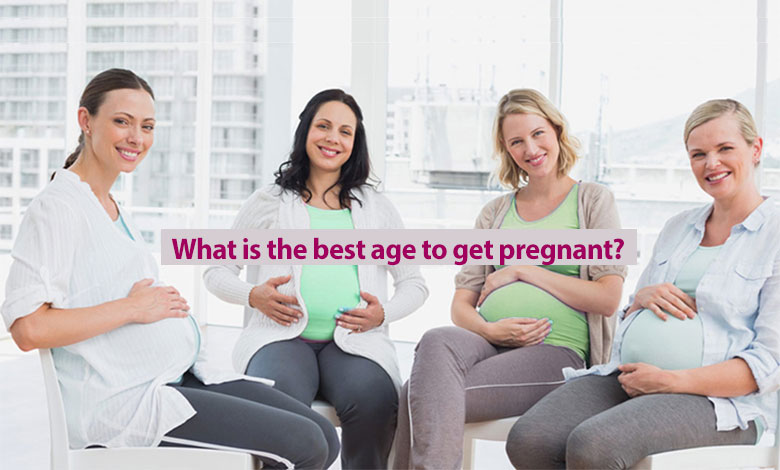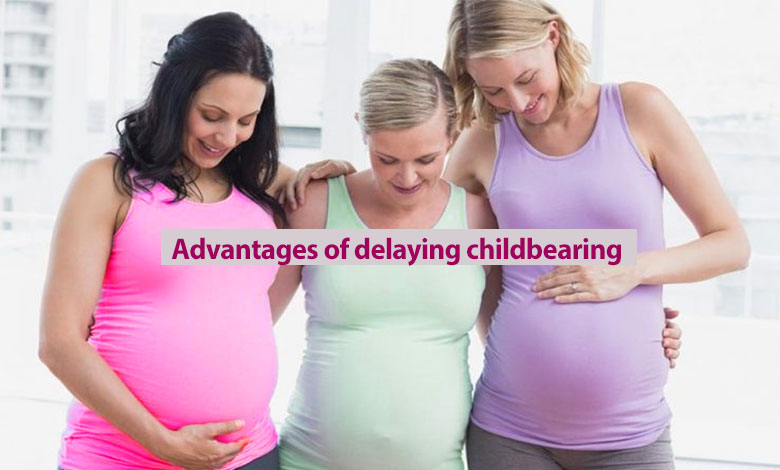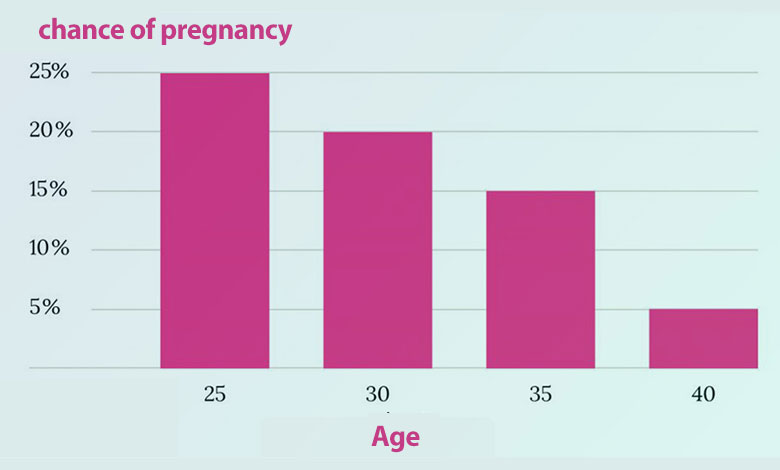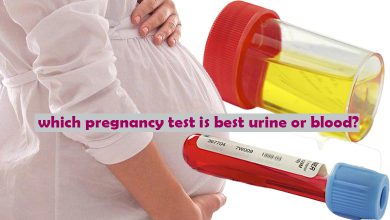What is the best age to get pregnant?

Thanks to birth contraceptive measures and the widespread availability of reproductive technologies, couples today have more control over when to have children than ever before.
It is possible to wait to start a family, even if it makes getting pregnant a little more difficult. Fertility naturally decreases with age, and having children later in life can increase the risk of pregnancy complications.
Deciding on the best age to get pregnant is a complex and personal decision for many women. While some women may feel ready to start a family in their early twenties, others may prefer to wait until their thirties or even forties.
There are many factors to consider, including personal goals, career aspirations, financial stability, and health risks associated with pregnancy at different ages.
In this article, we will explore the advantages and disadvantages of getting pregnant at different ages and help you make an informed decision about the best age to start a family.
Related posts: What is surrogacy?
The best age for pregnancy (third decade of life)
It is said that there is no “best age” to get pregnant. Decisions about starting a family must be based on many factors, including age and willingness to accept the responsibility of parenthood.
Just because you’re in your 30s or 40s doesn’t mean you can’t have a healthy baby.
In their 20s (the third decade of life), women are more fertile and have a better chance of becoming pregnant. This is when the number of quality eggs available is the highest and the risks of pregnancy are the lowest.
- At age 25, the chance of getting pregnant after 3 months of trying is less than 20%.
In the 30s (fourth decade of life) - Fertility gradually declines around age 32. After age 35, this decline accelerates. Women are born with all the eggs they should have in their lifetime, about a million. Over time, their number gradually decreases.
- By age 37, approximately 25,000 eggs remain. At age 35, the chance of getting pregnant after 3 months of trying is about 12%. (Healthy pregnancy at age 35)
The risk of miscarriage and genetic abnormalities also increases after the age of 35. The possibility of complications during pregnancy and childbirth is higher in old age. For this reason, doctors and obstetricians may recommend additional screenings and tests for you and your baby. (Symptoms of miscarriage)
in the 40s (fifth decade of life)
The chance of a woman getting pregnant naturally decreases significantly after the age of 40. At age 40, the chance of getting pregnant after 3 months of trying is about 7%. Over time, the quantity and quality of the eggs decrease. Chromosomal problems are more common in older eggs, increasing the chance of having a baby with birth defects.

Most women in their 40s can still get pregnant and have a healthy baby, but the risks are significantly increased right now. These risks include:
- Cesarean section
- Premature birth
- Low birth weight
- Birth defects
- fetal death
Medical problems, such as diabetes and high blood pressure, are more common in women after the age of 35. These can lead to pregnancy complications such as gestational diabetes and preeclampsia.
After the age of 40, the doctor can carry out additional examinations and follow-ups to control possible complications.
Fertility options
If you are 35 or older and have been trying to get pregnant for more than 6 months, you may struggle with fertility problems. An OB/GYN doctor can help diagnose the cause of your infertility and recommend the next steps in trying to conceive.
- Assisted reproductive technologies (ART) help conceive, but cannot fully compensate for age-related decline in fertility. Doctors treat fertility problems in women using drugs that stimulate egg production and methods such as in vitro fertilization (IVF). But the chance of a successful pregnancy with these methods decreases with age.
- Another option is to use a healthy donor egg. The egg is fertilized with the spouse’s sperm and then transmitted to the matrix.
Egg freezing
If you’re not ready to have children now and want to postpone it, you can freeze your eggs during your peak reproductive years. First, take hormones to stimulate egg production. The eggs are then retrieved and frozen. They can be stored frozen for several years.
When you’re ready to use them, the eggs are thawed and fertilized with sperm. The resulting embryos are then implanted in your uterus.
Egg freezing does not guarantee a pregnancy. Pregnancy, even with younger eggs, is more difficult in your 30s and 40s. But this method can ensure that healthy eggs are available when needed.
Male fertility
A man’s fertility also decreases with age. But this process occurs later than in women and usually begins by the age of 40. After that age, the amount of sperm and the number and strength of motility of sperm in men decreases. The possibility of genetic abnormalities in the sperm of an elderly person is higher than that of young men.
The older a man is, the longer it takes for his wife to get pregnant and the higher the risk of miscarriage, regardless of the woman’s age. That doesn’t mean a man 40 and older can’t have children, but it might be a little more difficult than before in his life.
Advantages of delaying childbearing
Besides giving you time to focus on your career and relationships, not rushing into pregnancy has other benefits for both you and your baby. A 2016 study found that older mothers are more patient and less likely to yell at and punish their children. Also, their children have fewer social, emotional, and behavioral problems in elementary school.

Research has also shown that children born to older mothers are generally healthier and ultimately better educated than their peers born to younger mothers. Postponement of pregnancy also has an effect on increasing life expectancy. Another 2016 study found that women who delay pregnancy are much more likely to live into their 90s.
There is no reason to believe that delaying fertility directly causes any of these effects. Factors other than age may also play a role in elderly mothers. But these findings suggest that delaying pregnancy has benefits.
When to get help with pregnancy?
If you don’t see results after trying to conceive, it’s time to see a gynecologist.
- After a year of commitment for those under 35 years old
- After 6 months of effort in people over 35 years of age
Couples with known genetic conditions or who have had multiple miscarriages should also be seen by a doctor or fertility specialist.
What is the most popular age to get pregnant?
What age is it too late to have a baby?
Is 25 a good age to have a baby?
What is the lowest age to have a kid?
Result
Getting pregnant can be difficult sometimes. However, you can still have a healthy baby in your 30s and 40s.
Ultimately, the best time to get pregnant is when you feel ready. It is not a problem to wait to start a family to ensure employment and financial situation.
After making sure you are ready for pregnancy, you can consult your doctor or gynecologist to check your condition.
In conclusion, the best age to get pregnant depends on various factors, including a woman’s personal goals, health status, and financial situation.
While there are advantages to getting pregnant in one’s 20s, such as greater fertility and fewer pregnancy complications, there are also benefits to waiting until one’s 30s or even 40s, such as greater financial stability and career advancement.
Ultimately, the decision to have a child should be made based on an individual’s unique circumstances and needs, rather than societal expectations or external pressures.
It is important for women to have access to comprehensive reproductive healthcare and information so they can make informed decisions about their reproductive choices.
